Ever since the beginnings of the Occupy movement years ago it’s been fashionable
to vilify the so-called1%. Our approach is different: we are dedicated to elevating
members of the 99% to enjoy the lifestyles and security of the 1%. And, once there,
rather than feeling guilty about achieving a higher income, take a look at this
example. It comes from Tim Cestnick, a writer with The Globe and Mail, Canada’s
equivalent of the New York Times. He’s referencing the Canadian tax system but the
principle holds for any progressive tax system.
“Each and every day, 10 men go to a restaurant for dinner together. The bill for all 10
comes to $100 each day. If the bill were paid the way we pay our taxes, the first four
would pay nothing; the fifth would pay $1; the sixth would pay $3; the seventh $7; the
eighth $12; the ninth $18. The 10th man – the richest – would pay $59. Although the
10 men didn’t share the bill equally, they all seemed content enough with the
arrangement – until the restaurant owner threw them a curve. “You’re all very good
customers,” the owner said, “so I’m going to reduce the cost of your daily meal by $20.
I’m going to charge you just $80 in total.” The 10 men looked at each other and seemed
genuinely surprised, but quite happy about the news.
The first four men, of course, are unaffected because they weren’t paying anything for
their meals anyway. They’ll still eat for free. The fifth man paid nothing, the sixth
pitched in $2, the seventh paid $5, the eighth paid $9, the ninth paid $14, leaving the
10th man with a bill of $50 instead of $59.
Outside the restaurant, the men began to compare their savings. “I only got one dollar
out of the $20,” said the sixth man, pointing to the 10th man, “and he got $9!” “Yeah,
that’s right,” exclaimed the fifth man. “I only saved a dollar, too! It’s not fair that he got
nine times more than me!” “That’s true,” shouted the seventh man. “Why should he get
back $9 when I only got $2? The rich get all the breaks!” “Wait a minute,” yelled the
first four men in unison. “We didn’t get anything at all. The system exploits the poor!”
The nine outraged men surrounded the 10th and brutally assaulted him. The next day,
he didn’t show up for dinner, so the nine sat down and ate without him. But when it
came time to pay the bill, they faced a problem that they hadn’t faced before. They
were $50 short.”
While both Denis and I can each identify with the 10 th guy in this example, this is not
a complaint about paying high taxes. Not that I enjoy paying them, but I understand
that the privilege and benefits of living in one of the greatest countries in the world
comes with a cost. When I consider the benefits of freedom, and quality of life, I
don’t mind what I have to pay.
For many, the best way to balance out this inequality is simply to make the rich pay
even more in taxes. But that doesn’t solve anything. The systemic problem of the
99% remains, and it only encourages the rich to find tax loopholes or move to
another, cheaper country.
I think there’s a better way of achieving equality: as a society we need to make a
huge investment in financial literacy, education and skills upgrading for the 99%.
Whatever it takes: reduced fees for colleges and universities; subsidized day care so
that parents can get to their training; financial literacy workshops; incentives for
businesses to help in the skills upgrading, and courses together with mentoring for
people wishing to start new businesses.
When we help people elevate themselves to more satisfying, better paying work,
everybody – rich and poor – are the winners. Let’s aim to make all of the 99% part
of the 1%.
Read the whole Globe and Mail article here:
http://www.theglobeandmail.com/globe-investor/personal-finance/taxes/how-
splitting-the-dinner-bill-relates-to-tax-cuts/article24441644/?intcmp=pdxl_s2s
